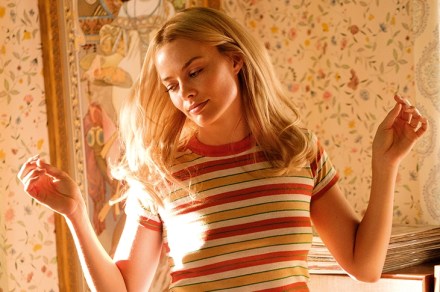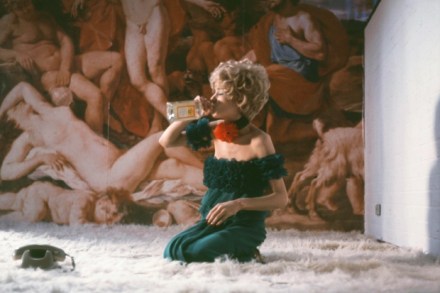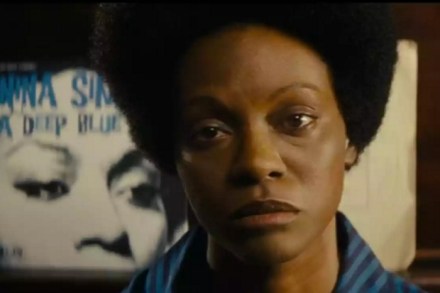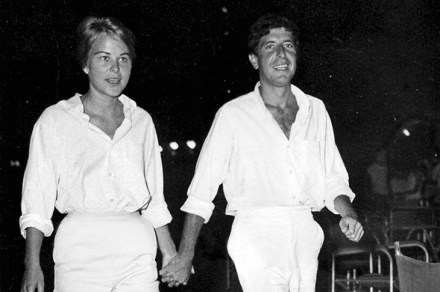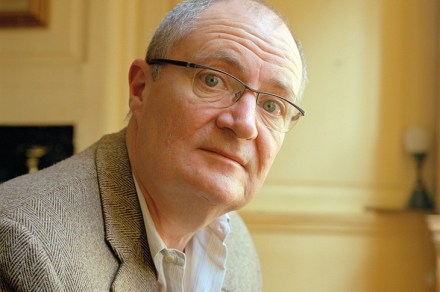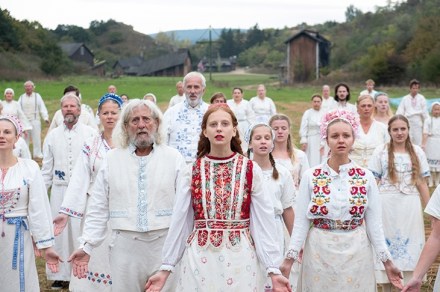If you ever want to sleep again, step away from Joker
Judy is in cinemas this week and so is Joker and if you have to choose between the two, then it’s Judy every time. I would even add: step away from Joker. Step away, and step away now, if you know what’s good for you. It may be a masterpiece or it may be irresponsible trash — there is some controversy here — but either way it is so bleak and so dark and so upsetting the words ‘bleak’ and ‘dark’ and ‘upsetting’ don’t really cover it, and you may never be able to sleep again. Strange as it may be, the film about the wounded Hollywood chanteuse driven to


